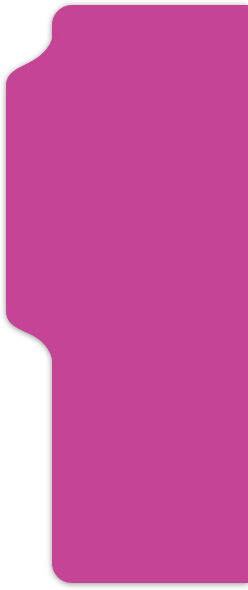
Non-clinical Positions
Non-clinical jobs are those that do not involve direct patient care. They might include administration, environmental, or maintenance positions. Some are entry-level and only require a high school diploma or associate degree. Here are 9 types of non-clinical hospital jobs.
Non-clinical Positions
Non-clinical jobs are those that do not involve direct patient care. They might include administration, environmental, or maintenance positions. Some are entry-level and only require a high school diploma or associate degree. Here are 9 types of non-clinical hospital jobs.
Medical Billers
Medical billers calculate health care provider charges, develop bills, and prepare them to be mailed to patients. By reviewing medical and hospital records and making or verifying calculations, they ensure that even the most complicated bills are accurate. Medical billers are responsible for timely submission of medical claims to insurance companies. Medical billers most often work with electronic billing systems and are responsible to make sure that patient, provider, and insurance information is correct and that fair payments are made. Medical billers may also be responsible for crediting patient accounts, appealing reimbursement denials, and tracking accounts receivables for providers.
The NYSDOL reports that medical billers in New York earned an average annual salary of $31,030.
To learn more about education requirements please click HERE.
Medical Coders
Medical coders are health information technicians who assign codes used for the billing and reimbursement of health services. These codes describe both the diagnosis of the patient and the services rendered by the health care provider. Codes may differ depending on whether the medical coder works in a hospital or clinic and the type of services provided.
The NYSDOL reports that medical coders in New York earned an average annual salary of $57,847.
To learn more about education requirements please click HERE.
Medical Records and Health Information Technicians
Medical records and health information technicians compile, process, organize, and maintain health information data and medical records of hospital and clinic patients in a manner consistent with medical, administrative, ethical, legal, and regulatory requirements of the health care system. They ensure that health information data is complete, accurate, and secure in both paper and electronic systems. They use various classification systems to code and categorize patient information for reimbursement purposes, for databases and registries, and to maintain patients’ medical and treatment histories.
The NYSDOL reports that medical records and health information technicians in New York earned an average annual salary of $69,230,
To learn more about education requirements please click HERE.
Patient Care Coordinators
Patient care coordinators facilitate communication between patients, family members, medical staff, administrative staff, social service organizations, and other health care providers. They assess the person’s physical, social, psychological, and financial needs. They are often the first contact for provision of information to the patient or physician on behalf of attending physicians. Patient care coordinators may also explain policies, procedures, or services to patients using medical or administrative knowledge, and provide consultation or training to volunteers or staff on topics such as guest relations, patients’ rights, and medical issues. They are familiar with community services and resources available to patients, and refer patients to appropriate health care services or resources. Patient care coordinators also train and educate patients, families, and medical and social service providers in case management and its goals, available services, and self-management.
a Patient Care Coordinator makes a national annual average salary of $87,770.
To learn more about education requirements please click HERE.
Most recent blog posts
Read All »


Healthcare Workforce Resources Report
Three health care association representatives in New York state hosted a first-of-its-kind statewide Workforce Development Summit to discuss models and strategies for health personnel recruitment, training and retention. The summit, co-hosted by the Home Care Association of New York State (HCA), the Healthcare Association of New York State (HANYS), and the Iroquois Healthcare Association (IHA) was…
Read More

